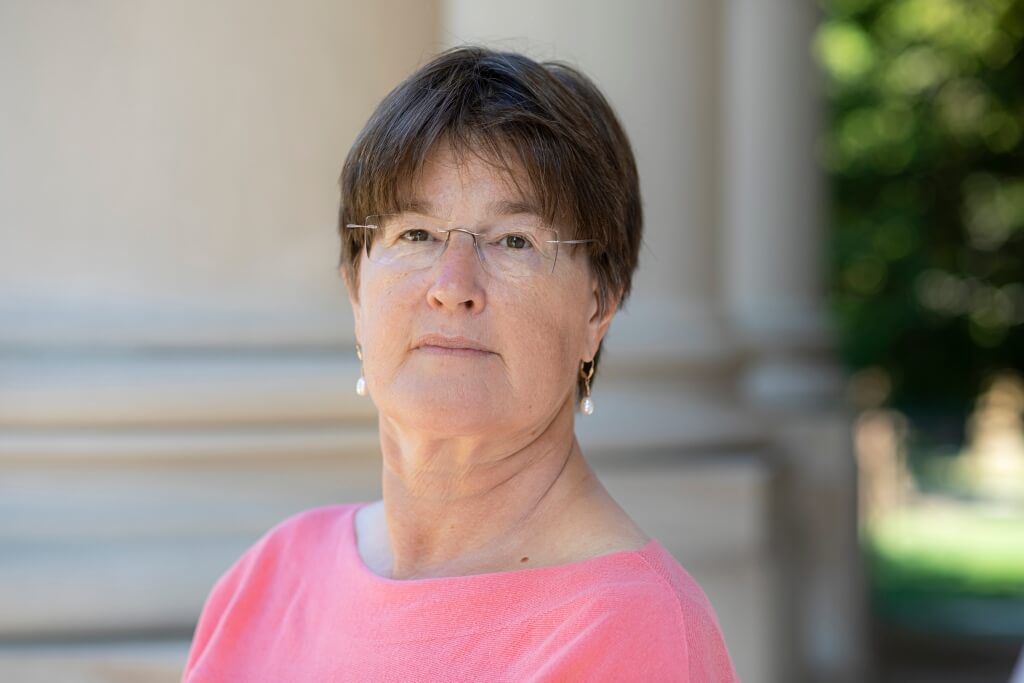Catherine N. Duckett, Ph.D., associate dean of the School of Science, recently published an article, ‘COVID-19 and the Political Context of Climate Change Solutions,’ in the International Journal, Science Education and Civic Engagement, an online peer‑reviewed journal published by the National Center for Science and Civic Engagement.
The summer 2020 issue of the journal includes a special section on ‘Teaching Through COVID’ with reflections that document experiences and lessons learned while teaching science and civic engagement during the COVID-19 pandemic. In her article, Duckett describes how the pandemic provided an opportunity to ask students enrolled in her senior-level interdisciplinary class, “Science and Politics of Climate Change,” to apply knowledge of social and political responses to the health crisis to climate change.
“My students were near the epicenter of the COVID-19 crisis at Monmouth University in New Jersey, which closed for spring break four days early because of an illness on campus,” Duckett noted. “Consequently, they were paying attention…Students were watching the news differently than previously, and the COVID crisis helped them apply what they were seeing and feeling to present and future climate problems and solutions.”
Duckett said that in the last four weeks of the course, the class discussed political and technical solutions to climate crisis without specific attention to COVID-19. Students, however, “continued to compare needed climate solutions to emissions results achieved in various areas because of COVID lockdowns and economic slowdown. Their comments were clear indications that they were paying attention to the news. More importantly, they identified political will on the part of individuals, corporations, and governments as critical to climate adaptation and mitigation successes,” she said.
One student wrote, “The reading that I found more persuasive for this week was ‘Meet the Climate Science Deniers Who Downplayed COVID-19 Risks.’ Its focus was on the organizations and individuals who claimed the Coronavirus would not be as detrimental to society as it is. This reading also clearly connected the claims of these individuals with their retractions as things got worse.”
Duckett said that by the end of the class, “All of the students in my class recognized that the COVID-19 response was analogous to a lack of political will to address climate change. Many recognized the signature of science denial in both responses, which was something many in my class had struggled to accept and understand.”

